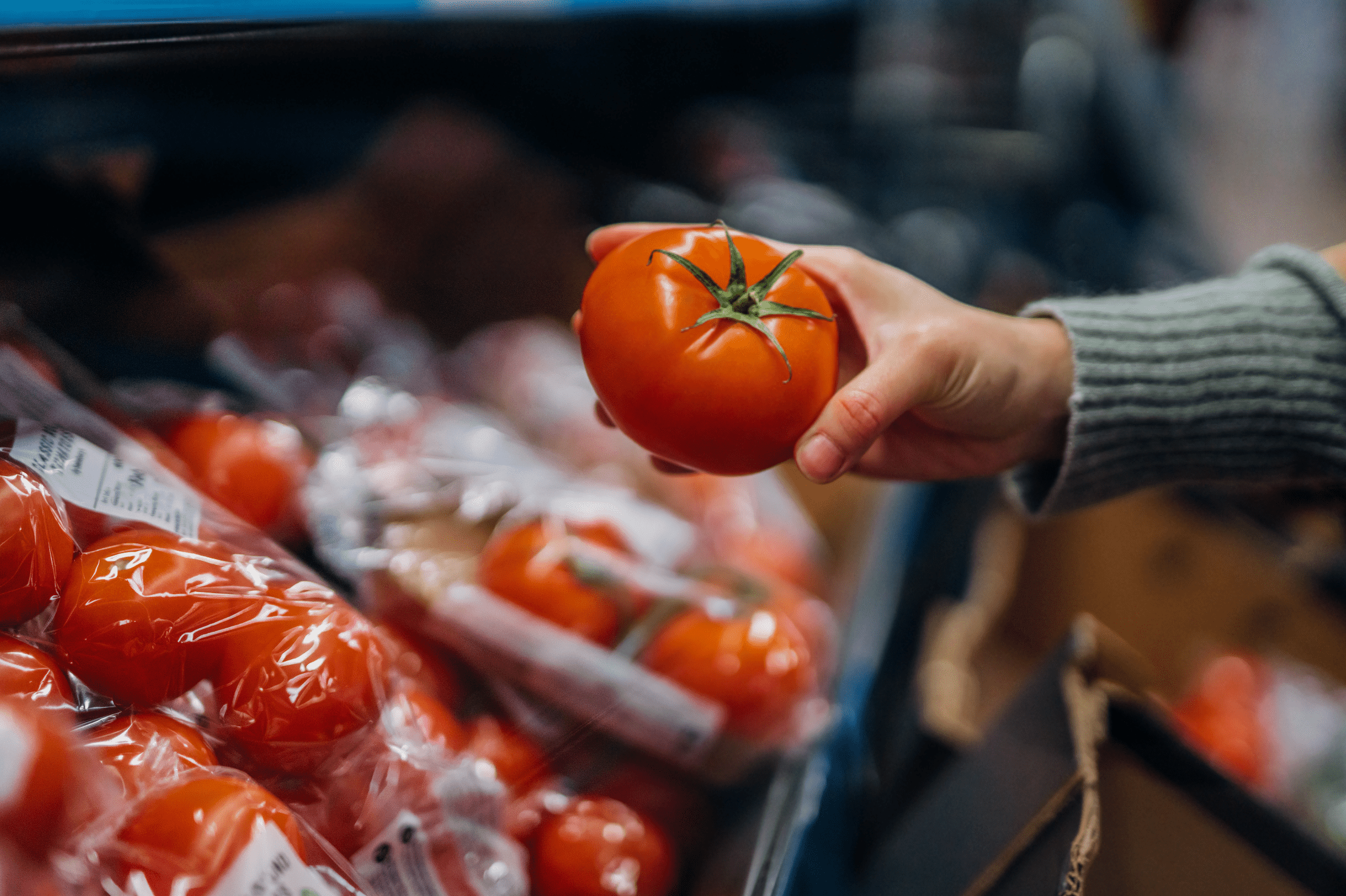FDA: Tomatoes Recalled in These 3 States Over Salmonella Concerns—What to Know Toss or return these tomatoes now

Tomatoes produced by Williams Farms Repack LLC have been recalled due to potential contamination of the harmful bacteria

Oscar Wong / Getty Images
- Tomatoes from Williams Farms Repack LLC have been recalled in Georgia, North Carolina, and South Carolina.
- The tomatoes may be contaminated with Salmonella, which can cause foodborne illness.
- If you have the recalled tomatoes, do not consume them—return them or throw them away.
Produce recall alert: Tomatoes have been recalled in three U.S. states, the FDA announced Friday.
On May 2, Williams Farms Repack LLC voluntarily recalled a select number of tomatoes because they may be contaminated with Salmonella, a group of bacteria that can cause foodborne illness.
Which Tomatoes Were Recalled?
Tomatoes from Williams Farms Repack LLC, packaged in nine different sizes, have been recalled:
- 5x6, 25 lbs; lot code: R4467
- 6x6, 25 lbs; lot codes: R4467 and R4470
- Combo, 25 lbs; lot code: R4467
- 4x4, 2 layer; lot code: R4467
- 4x5, 2 layer; lot code: R4467
- 60 count, 2 layer; lot code: R4467
- 60 count, 18 lbs, loose; lot code: R4467 and R4470
- XL, 18 lbs, loose; lot code: R4467
- 3 count trays; UPC: 0 33383 65504 8; lot code: R4467
The tomatoes were sold under the brands Williams Farms Repack and H&C Farms.
Affected States
The tomatoes were distributed between April 23 and April 28 to wholesalers and distributors located in the following states:
- Georgia
- North Carolina
- South Carolina
Why the Recall?
The recalled tomatoes may be contaminated with Salmonella, a group of bacteria that can cause foodborne illness.
Symptoms of a Salmonella infection include:
- Watery diarrhea that might have blood or mucus
- Stomach cramps
- Headache
- Nausea
- Vomiting
- Loss of appetite
What You Should Do
If you have the recalled tomatoes, do not consume them. Throw them away or return them to the place of purchase for a refund.
You can also monitor for symptoms of Salmonella infection, which normally appear between six hours and six days after consuming a contaminated food.
Edited by Amber Brenza Amber Brenza
Amber is the Associate Editorial Director overseeing news content for Health, ensuring that readers stay up-to-date on trending topics like COVID-19, as well as the most recent research in the health and wellness space.
learn more
Read more:
Amber Brenza
Amber is the Associate Editorial Director overseeing news content for Health, ensuring that readers stay up-to-date on trending topics like COVID-19, as well as the most recent research in the health and wellness space.
learn more
Read more:
This story originally appeared on: Health News - Author:Jenna Anderson














